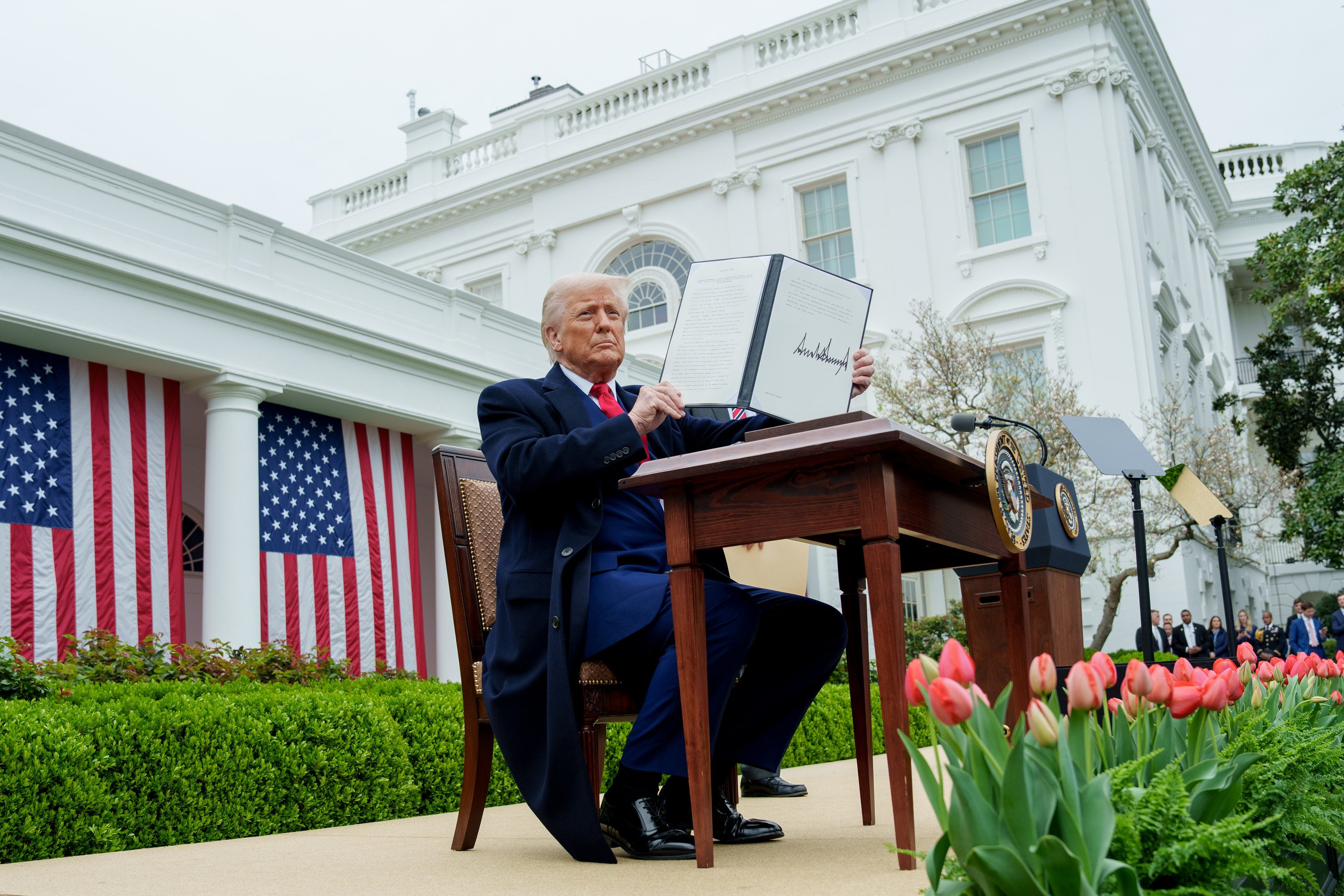Undeterred by Kiobel, Ninth Circuit Allows Doe v Nestle ATS Claims to Continue
On December 19, a panel of the Ninth Circuit issued a brief order in the long-running Doe v. Nestle case, vacating a September 2010 district court decision dismissing ATS and TVPA claims brought by nationals of Mali against Nestle, Cargill, and Archer Daniels Midland in connection with their operations in Cote d‘Ivoire. The district court, like the Second Circuit in Kiobel, had held in a lengthy opinion that there is no corporate liability under the ATS.
Published by The Lawfare Institute
in Cooperation With

On December 19, a panel of the Ninth Circuit issued a brief order in the long-running Doe v. Nestle case, vacating a September 2010 district court decision dismissing ATS and TVPA claims brought by nationals of Mali against Nestle, Cargill, and Archer Daniels Midland in connection with their operations in Cote d‘Ivoire. The district court, like the Second Circuit in Kiobel, had held in a lengthy opinion that there is no corporate liability under the ATS. But the Ninth Circuit -- true to form and undeterred by the Supreme Court’s subsequent decision affirming the Second Circuit Kiobel decision -- manages to keep the Doe v Nestle suit alive by adopting the most lenient possible reading of Kiobel by any lower court since the Supreme Court's decision.
First, the panel (Nelson, Wardlaw, Rawlinson) specifically decides that corporations MAY be held liable under the ATS in the Ninth Circuit. As authority, the panel notes in a parenthetical that “dicta” in the Kiobel decision suggests that “corporations may be liable under ATS so long as presumption against extraterritorial application is overcome.” This is a reference to the opaque statement in Justice Roberts’ majority opinion that “mere corporate presence” is not sufficient to subject corporations to liability under the ATS; apparently, the Ninth Circuit reads this to mean that corporations may still be held liable in some cases. To my knowledge, this is the first court specifically to decide in favor of corporate liability after Kiobel.
Next, in sharp contrast to the Second Circuit -- which held in August (after Kiobel) that U.S. companies who had been sued for their actions in Apartheid-era South Africa may not be held liable under the ATS for violations of international law that occur in other countries -- the Ninth Circuit panel instead grants the plaintiffs leave to amend their complaint in light of the Kiobel decision. This will allow plaintiffs to argue that their claims somehow “touch and concern” the territory of the United States with sufficient force to overcome the presumption against extraterritoriality announced in Kiobel.
Finally, the panel concludes (2-1, with Judge Rawlinson dissenting) that the district court erred by adopting the Second Circuit’s mens rea standard in Talisman that corporations must have specific intent to commit an offense in order to be liable for aiding-and-abetting a violation of international law. Instead of the stricter Second Circuit standard (which has been adopted by several other courts), the Ninth Circuit grants plaintiffs leave to amend their complaint in light of more lenient intent standards adopted by several international tribunals.
All of this means that, notwithstanding the Supreme Court’s Kiobel decision, we can expect a few more years of litigation in Doe v. Nestle.
John B. Bellinger III is a partner in the international and national security law practices at Arnold & Porter in Washington, DC. He is also Adjunct Senior Fellow in International and National Security Law at the Council on Foreign Relations. He served as The Legal Adviser for the Department of State from 2005–2009, as Senior Associate Counsel to the President and Legal Adviser to the National Security Council at the White House from 2001–2005, and as Counsel for National Security Matters in the Criminal Division of the Department of Justice from 1997–2001.





